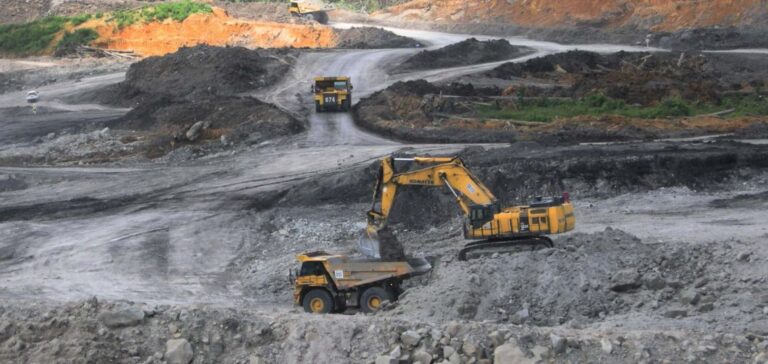Indonesia, the world’s third-largest coal producer, has announced a significant adjustment to its thermal coal pricing policy. Starting from March 1, 2025, the government will implement a minimum reference price for all coal transactions, called Harga Batubara Acuan (HBA). This measure aims to strengthen the control of Indonesian authorities over coal prices, both domestically and for export. The HBA will serve as a floor price, directly influencing market players in both the domestic and international markets.
The new policy also introduces bi-monthly coal price revisions, starting from March 1. As a result, the HBA will be adjusted twice a month, on the 1st and 15th, instead of a monthly revision as it was previously. This change is intended to better reflect global market dynamics, whose fluctuations can impact coal prices and, consequently, the country’s export revenues.
Caps for the domestic market
Alongside this new export price regulation, the government maintains specific caps for the domestic market. The domestic market obligation (DMO) sets maximum prices of 70 USD/ton for domestic electricity generation and 90 USD/ton for certain industries. These thresholds aim to ensure a stable and affordable coal supply for these key sectors, while also allowing the government to exert pressure on export prices.
Impact on exporters and overall strategy
Indonesian exporters will now be required to adhere to these new floor prices or face sanctions. This obligation aims to strengthen Indonesia’s influence over the global coal market. The country seeks to balance its growing internal energy needs, electricity production, and its position on the global energy stage, while also meeting international environmental commitments.
In 2024, Indonesia is expected to produce 831.05 million tonnes of coal, of which approximately 434.11 million tonnes will be exported. Coal remains a major component of Indonesia’s energy mix, accounting for 61.8% of its energy supply in 2023, raising concerns over the country’s climate commitments.






















